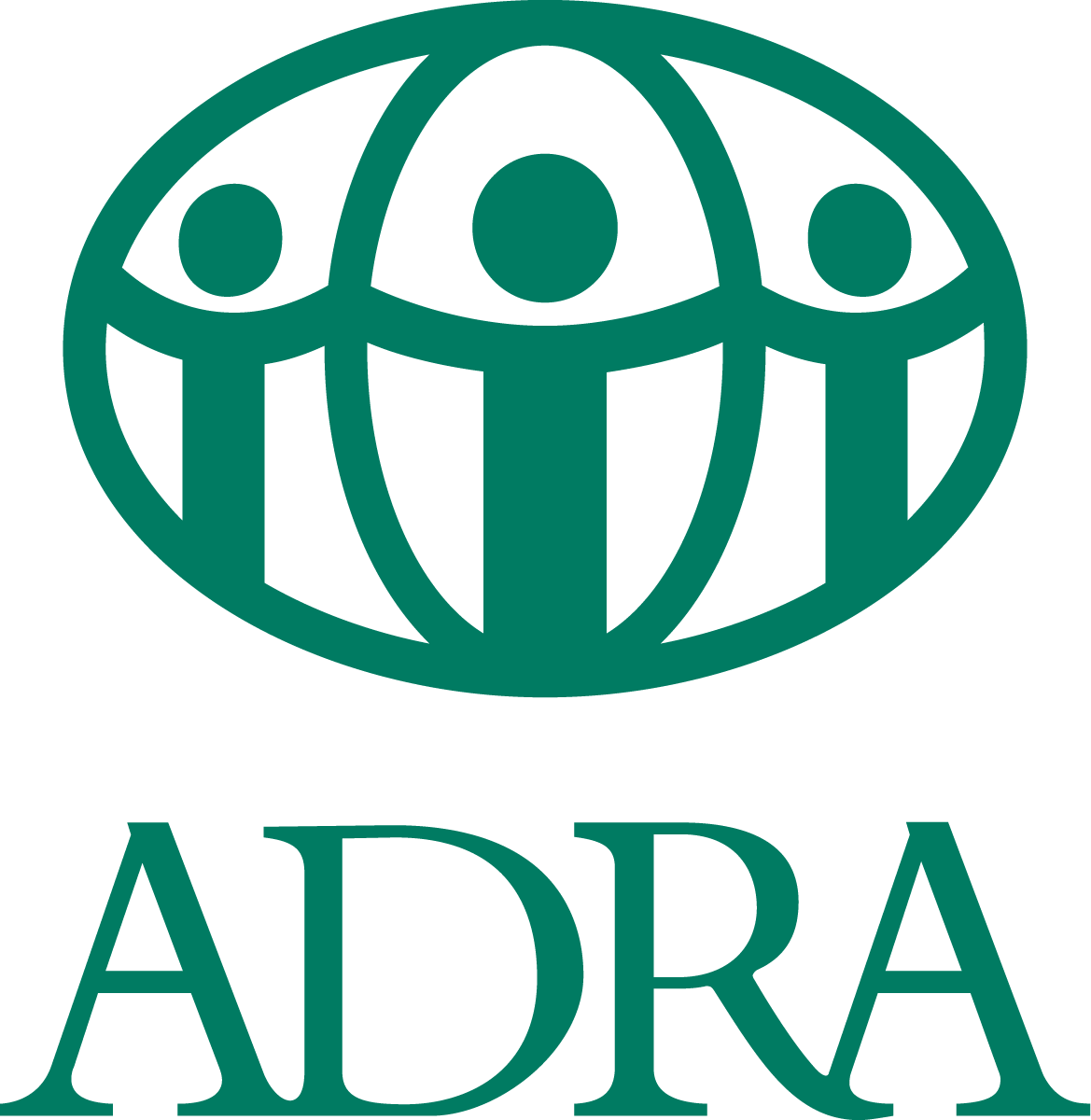
Adventist Development and Relief Agency
The Adventist Development and Relief Agency (ADRA) is the global humanitarian arm of the Seventh-day Adventist Church. Driven by our mission of Justice, Compassion, and Love, ADRA works in over 100 countries to bring lasting, sustainable change to communities in need. We serve all people—regardless of ethnicity, political affiliation, or religious association—helping them thrive through education, health, livelihoods, and emergency response.
History of the Adventist Development and Relief Agency (ADRA)
Origins and Early Development (1956–1973)
The Adventist Development and Relief Agency (ADRA) was founded in November 1956 by the Seventh-day Adventist Church to provide organized humanitarian relief. Originally named the Seventh-day Adventist Welfare Service (SAWS), its early mission focused primarily on disaster response and relief distribution. By 1958, SAWS was already coordinating shipments to 22 countries, valued at nearly $485,000. This figure more than quadrupled by 1962, with $2.3 million worth of supplies delivered to 29 countries.
In 1973, SAWS underwent a name change to the Seventh-day Adventist World Service. This transition reflected a broadening of its mission to include more structured, long-term development initiatives alongside its emergency relief efforts.
Transition to ADRA and Global Expansion (1984–1990s)
In 1984, the organization adopted its current name: Adventist Development and Relief Agency (ADRA). This rebranding marked a critical shift toward sustainable development work. ADRA expanded its activities to include sectors like health, education, livelihoods, and economic development, in addition to emergency response.
In 1996, ADRA partnered with Andrews University to launch the ADRA Professional Leadership Institute (APLI). This initiative provided staff with field-based training and higher education opportunities. By 2003, the program evolved to offer a master's degree in International Development, producing over 160 graduates, many of whom went on to serve in senior leadership roles within the organization.
Recognition and Humanitarian Efforts (2000s–Present)
ADRA's reputation grew globally, and in 1997, it was granted general consultative status by the United Nations Economic and Social Council (ECOSOC). This recognition affirmed ADRA's influence and capabilities within the international humanitarian and development community.
ADRA has since responded to a wide range of emergencies and crises. One notable example is its response to the 2010 Haiti earthquake, where the agency provided food rations, water purification tablets, and hygiene support to hundreds of thousands of survivors.
As of 2024, ADRA operates in over 120 countries, implementing more than 1,600 projects annually and impacting over 21 million lives worldwide.
Mission and Core Values
ADRA's mission is "to serve humanity so all may live as God intended." Rooted in Christian values, ADRA is committed to principles of justice, compassion, and love. Its work is guided by inclusivity, serving individuals regardless of ethnicity, political affiliation, gender, or religion. ADRA continually strives to provide holistic support that meets both immediate and long-term needs of vulnerable communities.
Conclusion
From its beginnings in 1956 as a relief-focused ministry to its current role as a global leader in development and humanitarian assistance, ADRA has consistently expanded its vision and capabilities. Its commitment to delivering aid with dignity, advancing sustainable development, and advocating for justice continues to define its identity and impact across the globe.
For more details and official reports, visit adra.org or consult ADRA's annual publications.
ADRA’s Mission
"To serve humanity so all may live as God intended."
Grounded in Christian values, ADRA advocates for Justice. Compassion. Love. We serve all people regardless of race, religion, or background—empowering communities and restoring dignity through development.
Learn more at adra.org